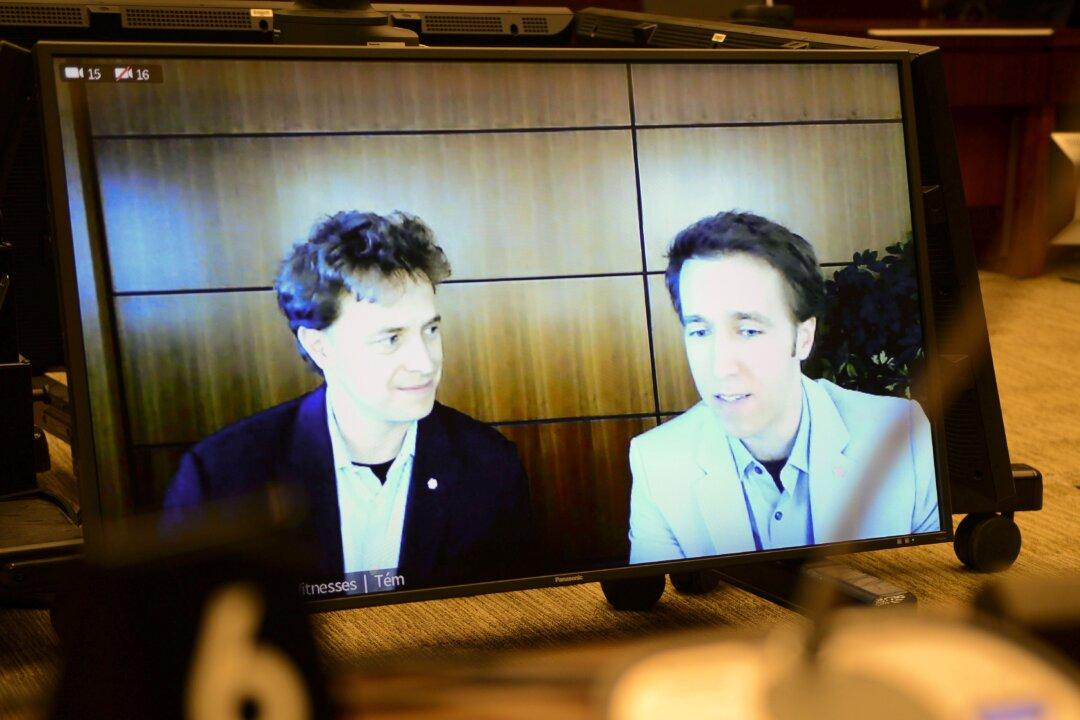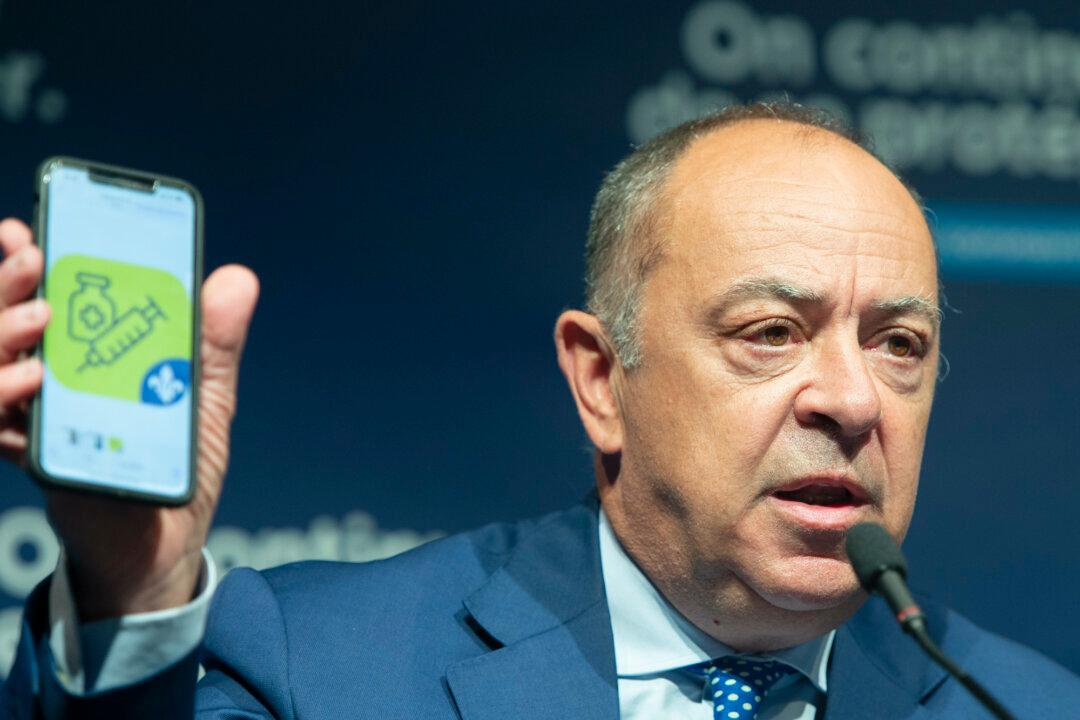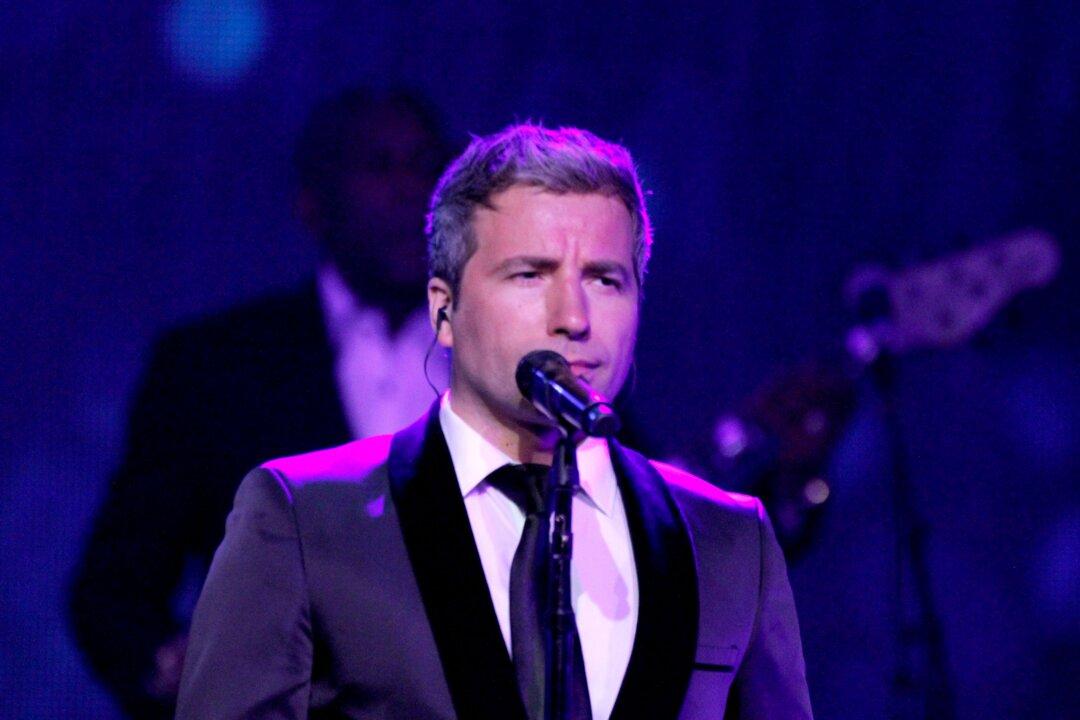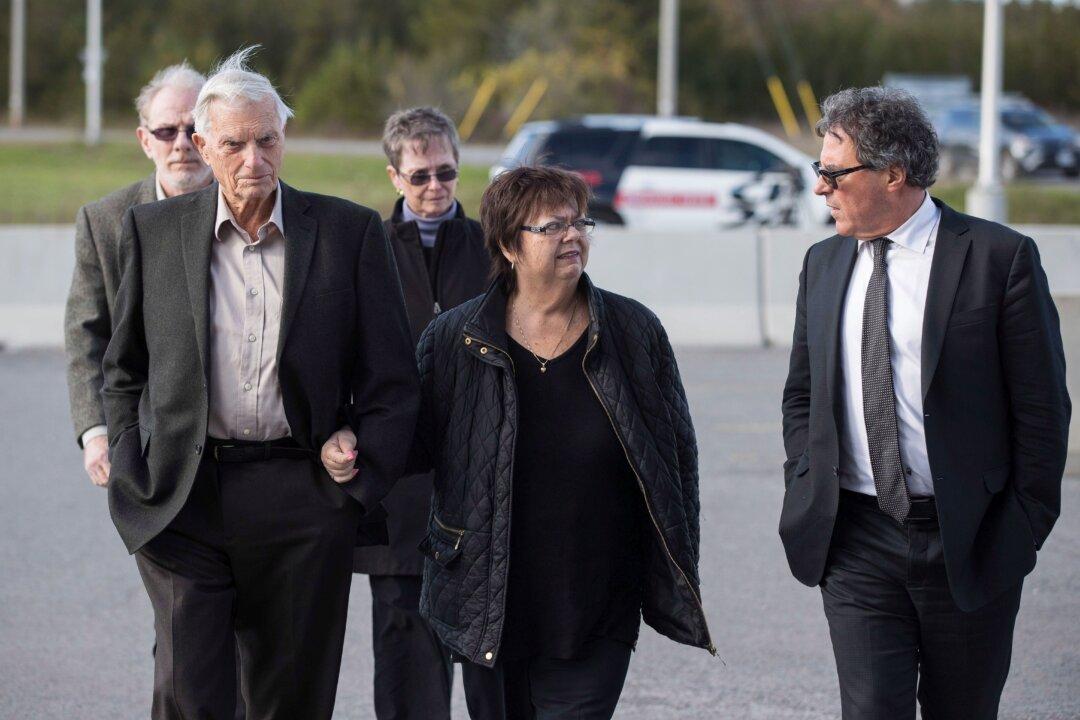As parliamentarians questioned key witnesses over five days in July on the latest scandal to beset the government, Prime Minister Justin Trudeau, Finance Minister Bill Morneau and WE Charity co-founders Marc and Craig Kielburger expressed regret and apologies, with some of the testimony offering new revelations.
“We didn’t recognize how this decision would be perceived,” Craig Kielburger said on July 28, referring to agreeing to distribute $912 million in federal funds to paid student volunteers through WE Charity Foundation, a separate entity under the WE organization’s umbrella.





